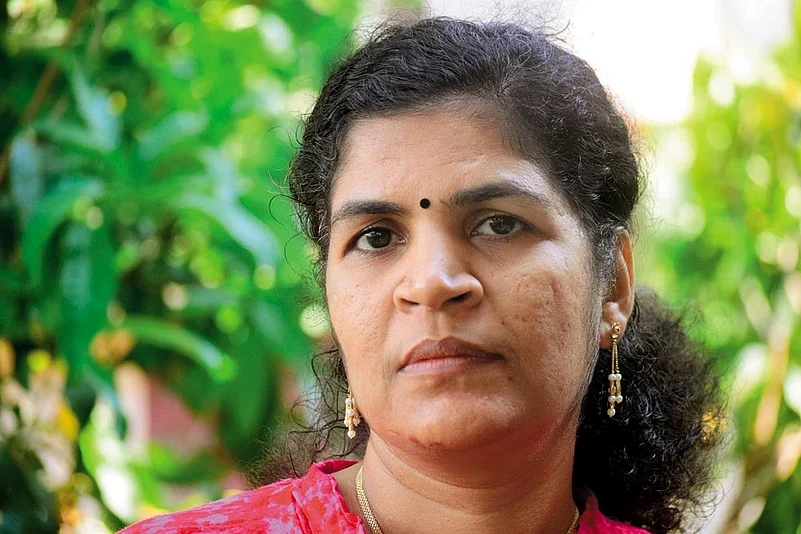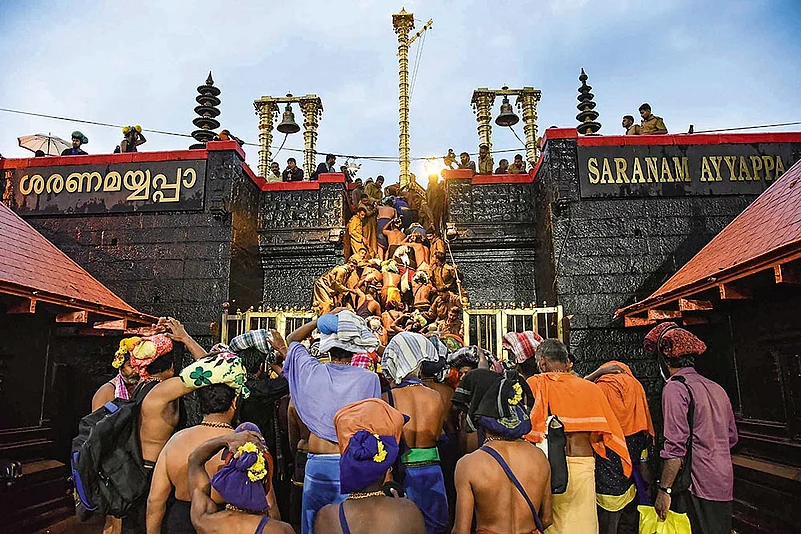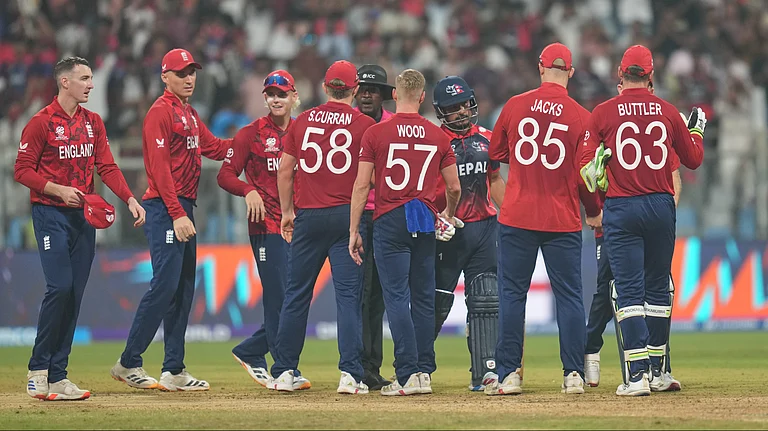As the Ram temple issue heads for an SC-ordered mediation, the other temple that’s been a lot in the news of late, Sabarimala, presents itself as a political fruit ripe for the plucking before the Lok Sabha polls. Yes, the Election Commission has warned parties in Kerala not to bring it up, but try catch even one voter who thinks Sabarimala will not be an overt or underlying theme in the campaign. Voting is due on April 23, and the four-month-long agitation which split open religious and social faultlines in Malayali society will hang heavy in the air. The RSS, for one, gave ample signs of what its main agenda for Kerala will be at a conclave in Gwalior last week. If the Supreme Court order overturning a judicial ban on menstruating women entering the Ayyappa temple shook up Kerala politics, it also changed the lives of women who decided to uphold their constitutional rights.
The ordeal of Kanakadurga—who scripted history by being one of two women who entered the temple after the SC order—is symptomatic of the deep-rooted misogyny public responses in Kerala are often awash in. On January 2, the state government employee entered the shrine with Bindu Ammini. After the news broke out, tempers ran high everywhere and both women had to go into hiding. What ensued was out of some ancient script.

Life has changed drastically for Kanakadurga—first she was assaulted and ousted from her house. When the 39-year-old returned after obtaining a court order, she found her children had been taken away by her husband. Disowned by family, ostracised by many, Kanakadurga lives alone at her house in Malappuram district. She eagerly waits for weekends, when she is allowed to see her 12-year-old twin boys. Her family demands a public apology, but she won’t relent: “I have exercised my right to worship…. There’s no question of saying sorry”.
“We were prepared for consequences, but didn’t have an idea of the scale it would take,” she tells Outlook. Kanakadurga still gets death threats, though the government provides her with round-the-clock security. “I don’t regret my decision. It’s people who oppose women’s entry who should feel guilty,” she says, undaunted.
Sabarimala became a politically combustible issue after the CPI(M)-led LDF government vowed, some say too hastily, to implement the SC order. In the next four months, Kerala witnessed violence and polarisation, fuelled allegedly by right-wing groups. For the BJP, Sabarimala is an opportunity to gain a foothold in a state that alternates between Communist and Congress governments.
Kanakadurga squarely blames the Sangh parivar for fomenting trouble—it had initially backed the Supreme Court order but soon swung around to the other side to tap the conservative reaction. “The BJP is trying to exploit devotees’ feelings,” she alleges. Hailing from an orthodox family, Kanakadurga says it was as a devotee that she decided to fulfil her wish to visit the temple. She is unperturbed by the large numbers of women who oppose temple entry. “Reform movements have always faced resistance from those conditioned by a patriarchal society,” she says.


























